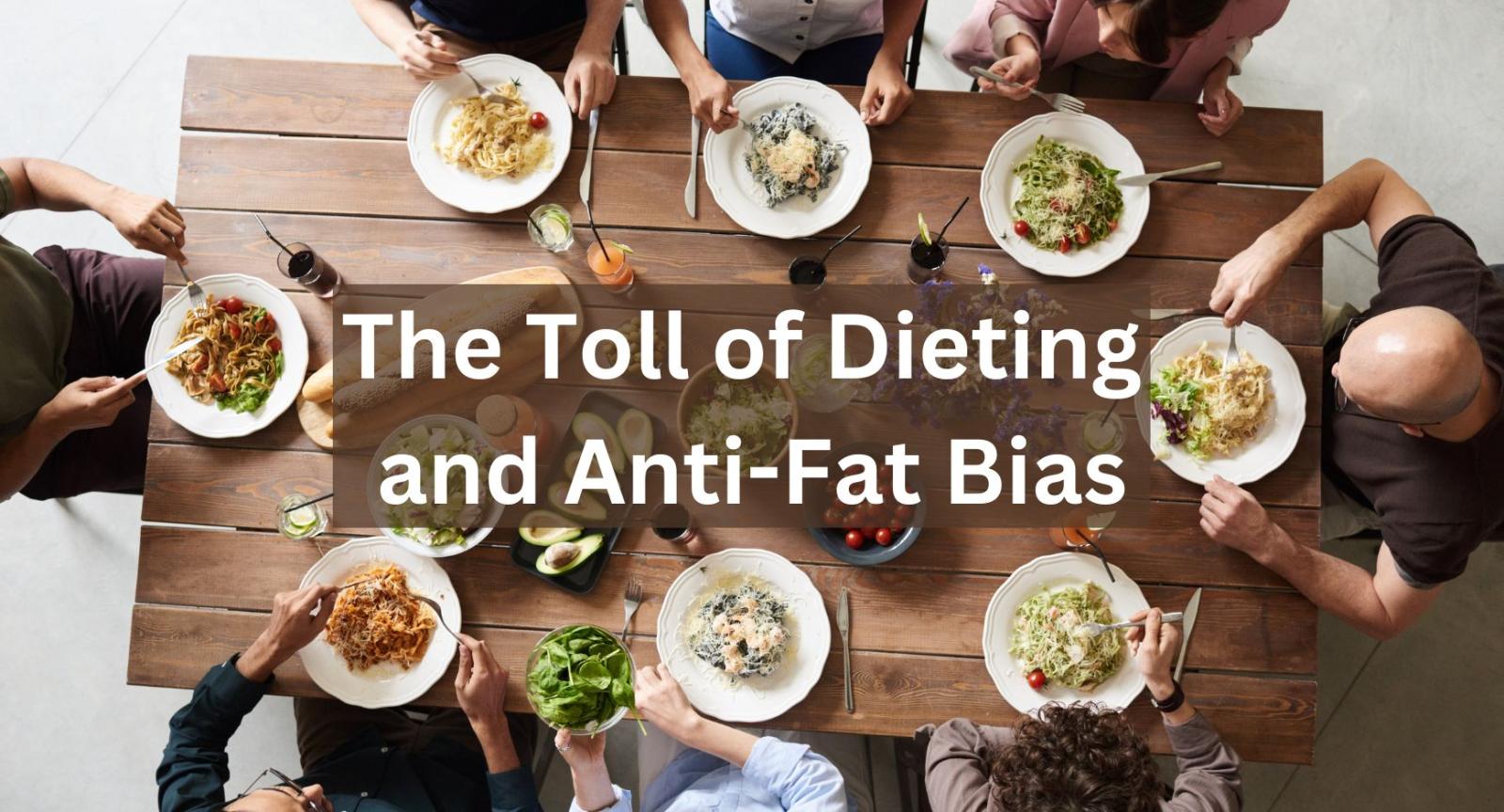
Individuals can easily find information on weight loss and dieting from health care providers, fitness professionals, social media, advertising, their social circles, and messages they receive throughout their lives. If someone wants to lose weight, they are typically given the same advice: “diet and exercise” or “diet, exercise, and willpower”. Whatever the source, the messages tell the individual that weight loss can occur and be maintained; if the person does not keep the weight off, they must have had a failure of willpower.
The reality is that going on a diet is the best way to gain weight over time, and only 5% of dieters can maintain weight loss over time. When people restrict themselves, their body may temporarily lose weight, but the weight returns within a few years. This leads to cycles of dieting and changes in weight.
In addition to not being effective, dieting can lead to mental health risks as well as physical health risks. For instance, people who are dieting often hyper-focus on food and become more lethargic, more anxious, and at risk for eating disorders. The following article details the underpinnings and risks of dieting:
https://eating-disorders.org.uk/information/the-psychology-of-dieting/
There is an assumption that higher weight indicates that an individual is in poor health. Many researchers, clinicians, and public health experts are examining the relationship between poor health and weight stigma, as opposed to poorer health resulting from higher weight. Local dietician and social worker Alison Pelz writes about the impact of weight bias and stigma:
http://www.alisonpelz.com/2020/10/21/weight-bias-and-stigma/
If you want to delve deeper into diet culture and anti-fat bias, you can explore Health At Every Size and Intuitive Eating literature.
If you want to talk to a counselor about the impacts of anti-fat bias, you can contact the Employee Assistance Program (EAP) at 512-471-3366 or email eap@austin.utexas.edu.
